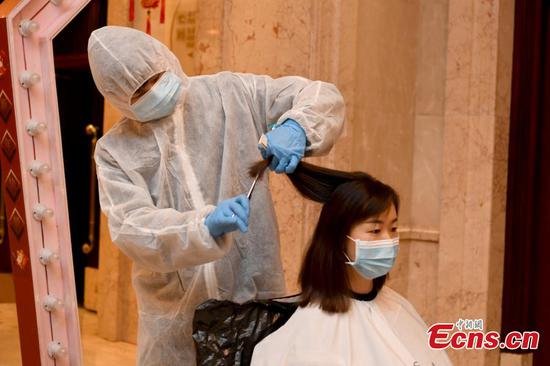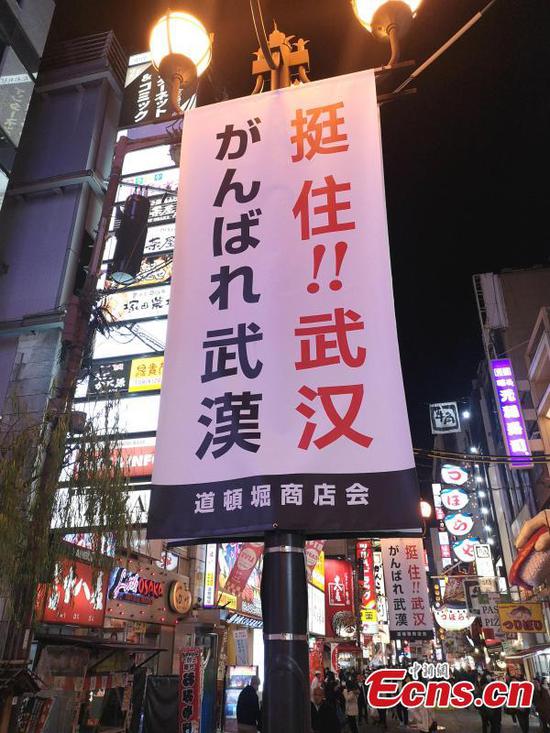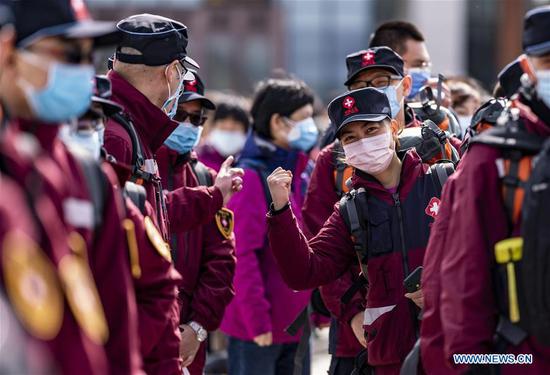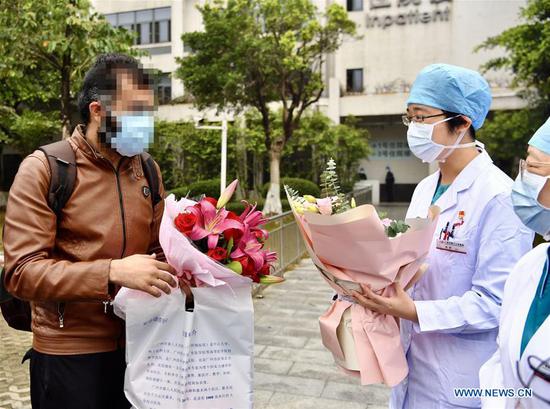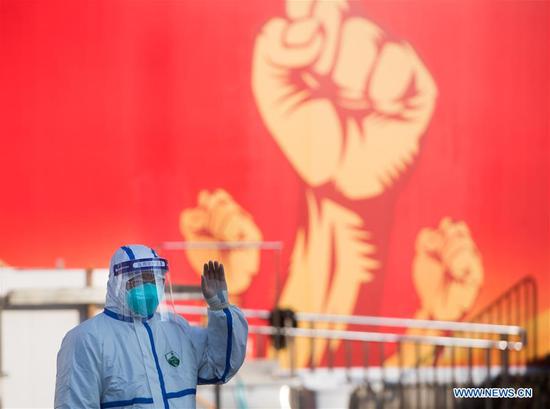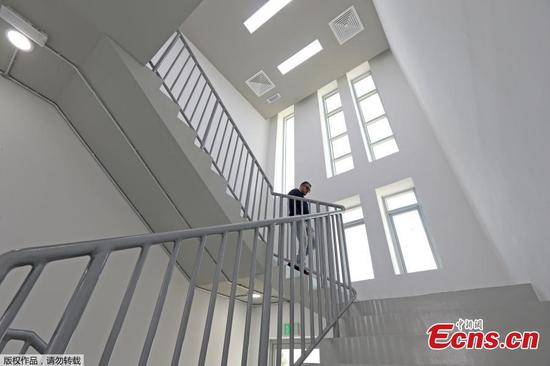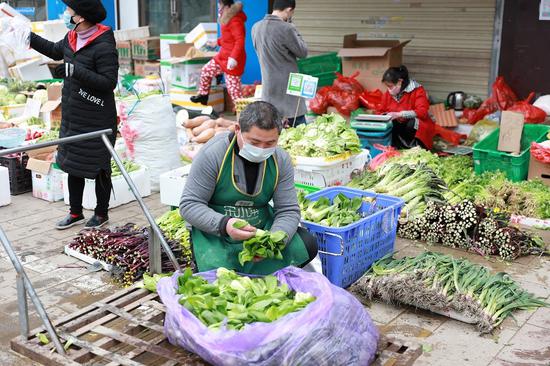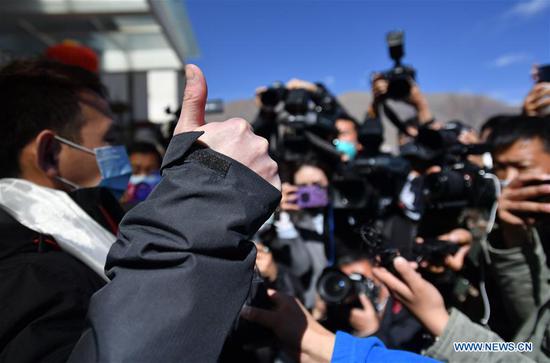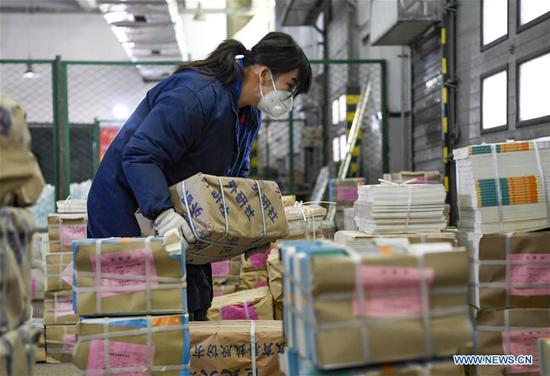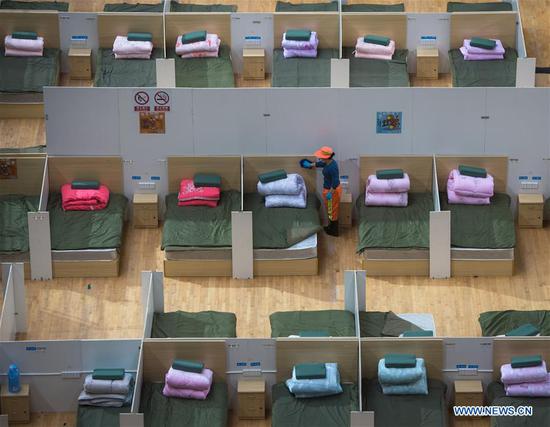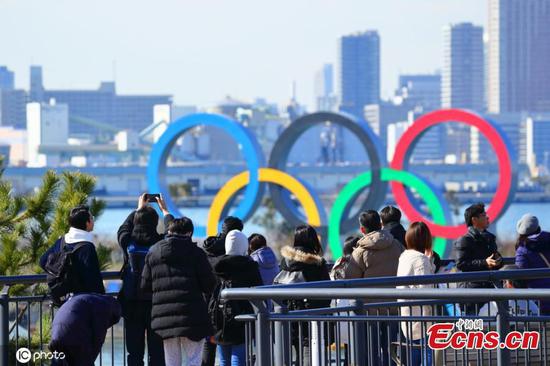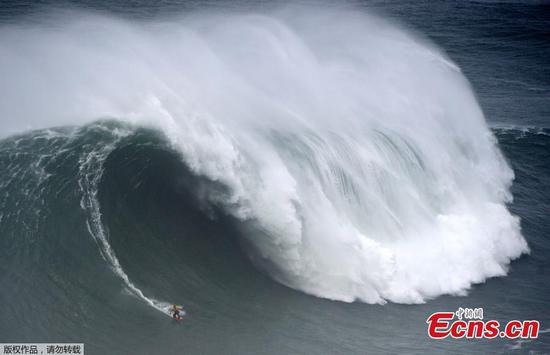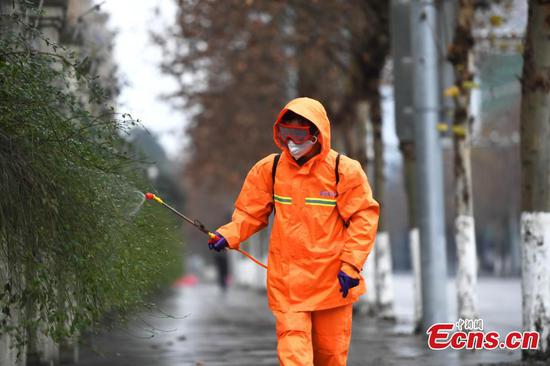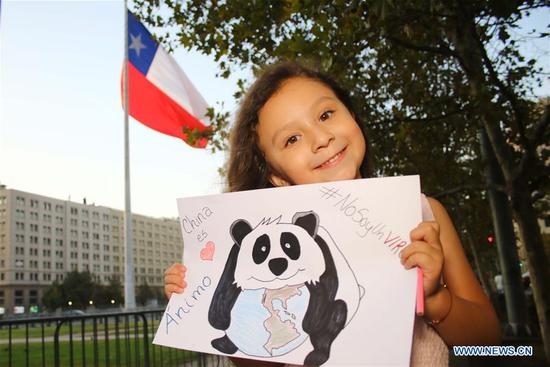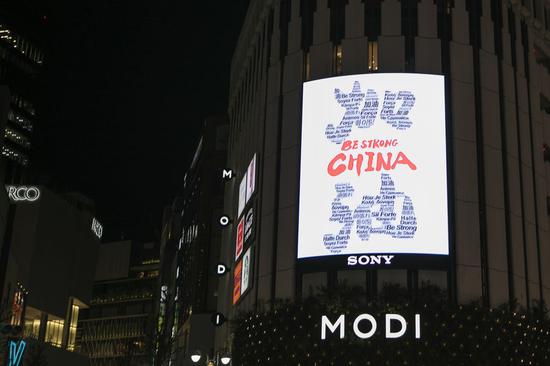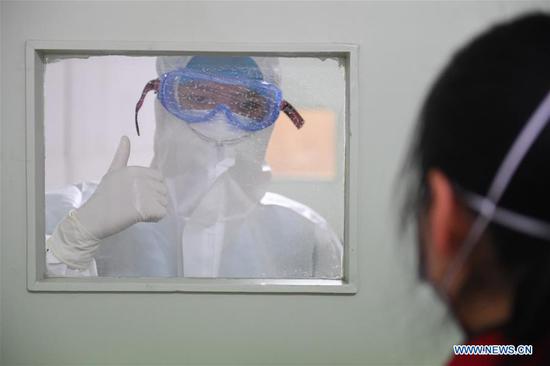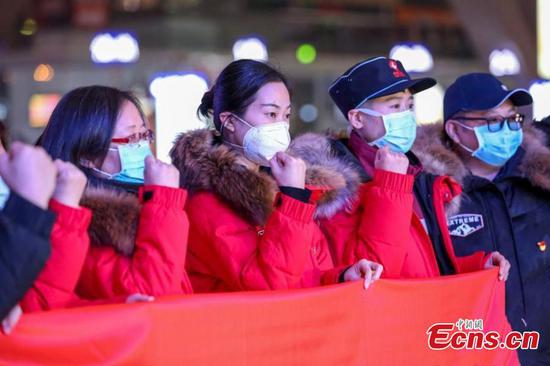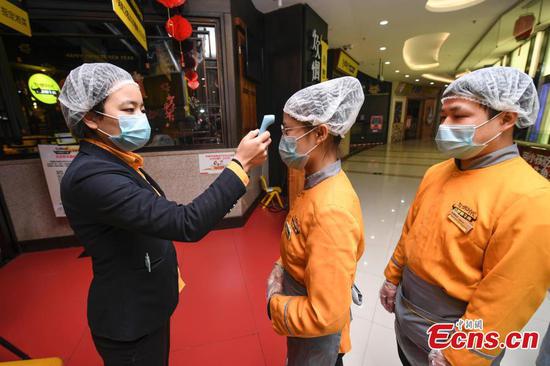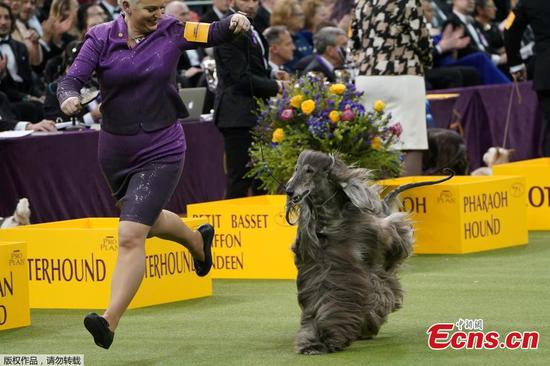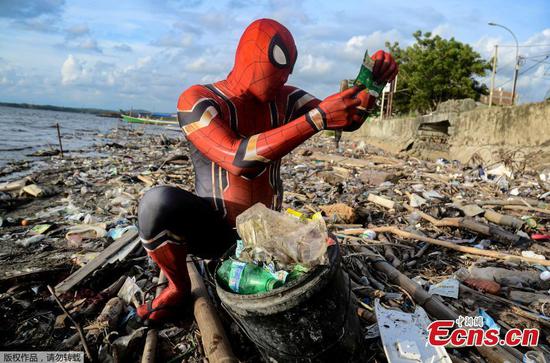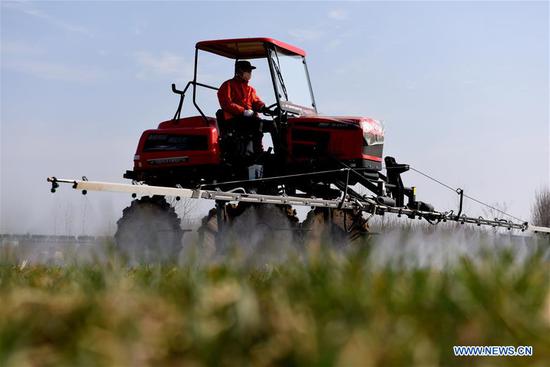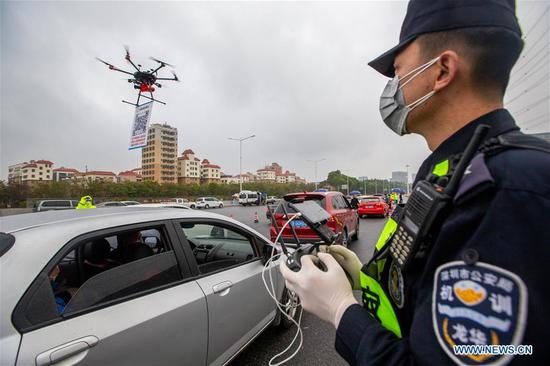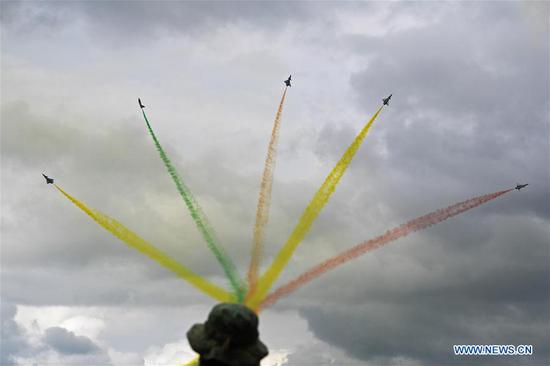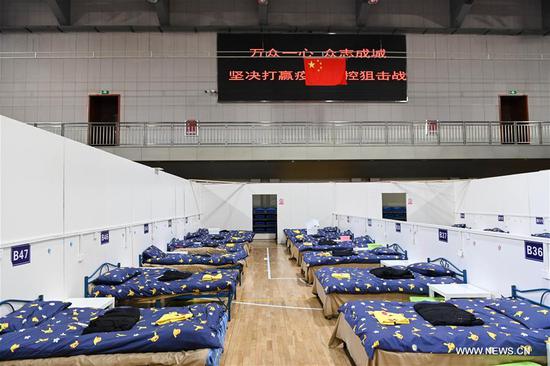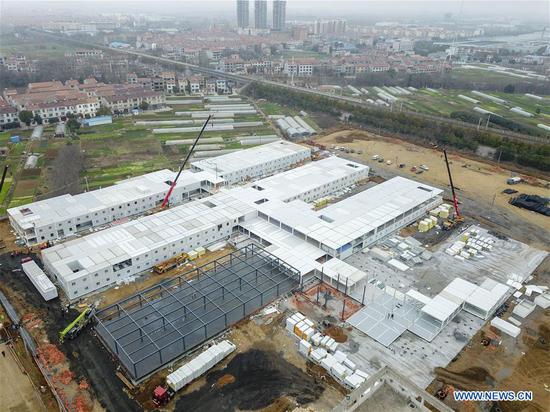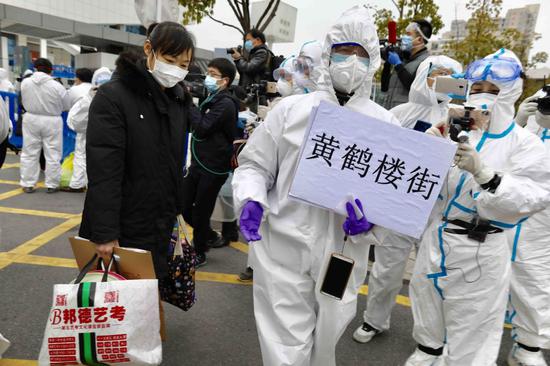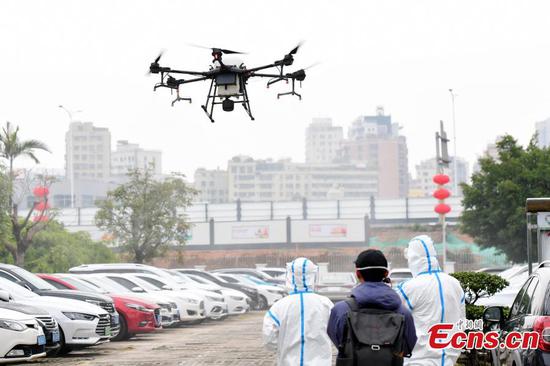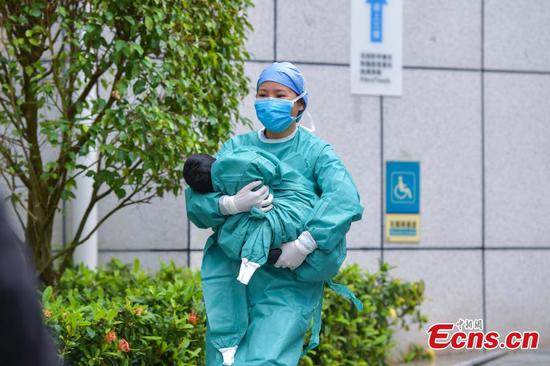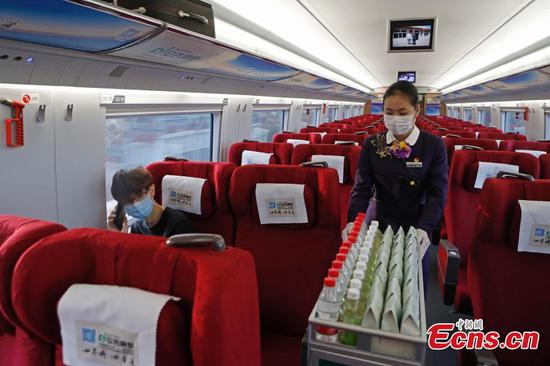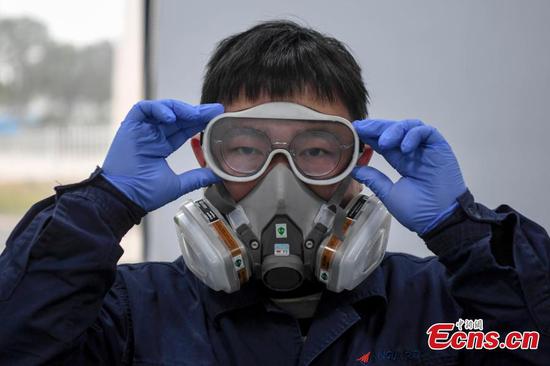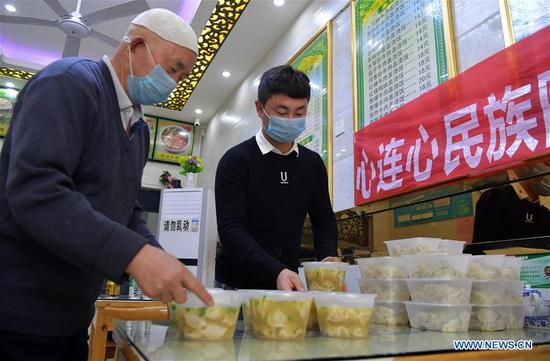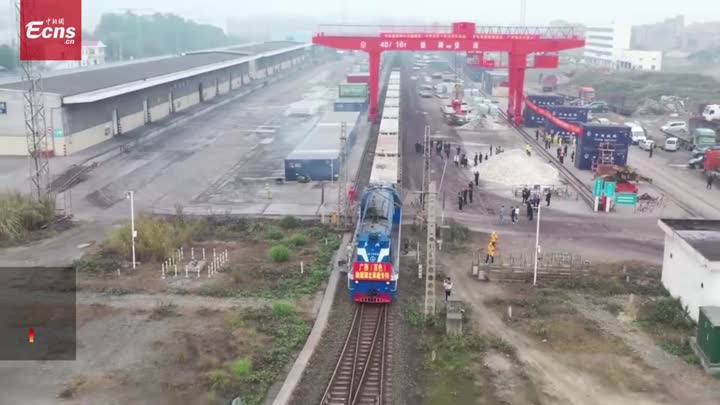Chinese telecom giant Huawei's patent lawsuits against U.S. carrier Verizon are a sign of a healthy system of innovation, said experts.
Huawei filed two patent-infringement lawsuits against Verizon in the federal court in Texas late last week, demanding Verizon pay $1 billion to license the rights to patented technology.
"We should all welcome Huawei's participation in the patent system and its willingness to use its patents to advance technology and ensure the progress of science," said Randall Ray Rader, a former federal judge and former chief judge of the U.S. Court of Appeals for the Federal Circuit, in an email to China Daily.
Patent licensing is common in high-tech industries. Telecom companies like Qualcomm and Nokia earn significant revenue from their massive patent portfolios. Huawei, for example, holds more than 87,000 patents globally, with 11,000 of those in the United States.
"It would be best if companies would automatically take a license when they use the technology that others have invested to invent, as (it) is part of the promise of the patent system to ensure that inventors are rewarded for their investment in progress and given an incentive to make even more advances," said Rader. "So lawsuits of this nature can be a sign of the health of our innovation system and policy".
Huawei has not been an aggressive enforcer of its patents, but the lawsuit is "not unexpected", said Mark Cohen, a senior fellow and director of the Asia IP Project at the University of California's Berkeley Center for Law and Technology.
"Huawei wants to commercialize its technology, including its standards and essential technology," Cohen said. "So, as it gets excluded from certain important markets, such as the United States, it may look to commercialize that technology in other ways, such as by lawsuits."
Cohen said he imagines that Verizon may be entitled to indemnities from some of its suppliers against third-party infringement suits, like the one from Huawei.
If that is the case, he said, the patent battle may really be between Huawei and other competitive suppliers, such as Ericsson and Nokia.
Another challenge for Huawei is to obtain an injunction against Verizon, said Cohen. "If the accused products are part of essential U.S. telecommunications infrastructure, it is unlikely that a court will stop use of the products or systems," he explained.
"The courts may also face interesting estimates regarding damages due to infringement. In certain prior cases, Huawei had asked for and obtained extremely low damage calculations to satisfy claims that it infringed other parties' patents," said Cohen.
Courts may wish to look at Huawei's pricing practices for technology and products, rather than the practices of Huawei's competitors in developing estimates of what constitutes a reasonable license for any successful claims of infringement, he said.
The usual test to calculate damages is a "hypothetical negotiation" between a "willing licensor" (the patent owner) and a "willing licensee" (the infringer), at the time the infringement began, including the royalties received by the patent owner for the licensing of the patent-in-suit, proving or tending to prove an established royalty, he said.
Huawei, the world's largest supplier of 5G telecom gear, has been under pressure from the Trump administration, which has accused it of being a security threat. Huawei has repeatedly called those claims groundless.









